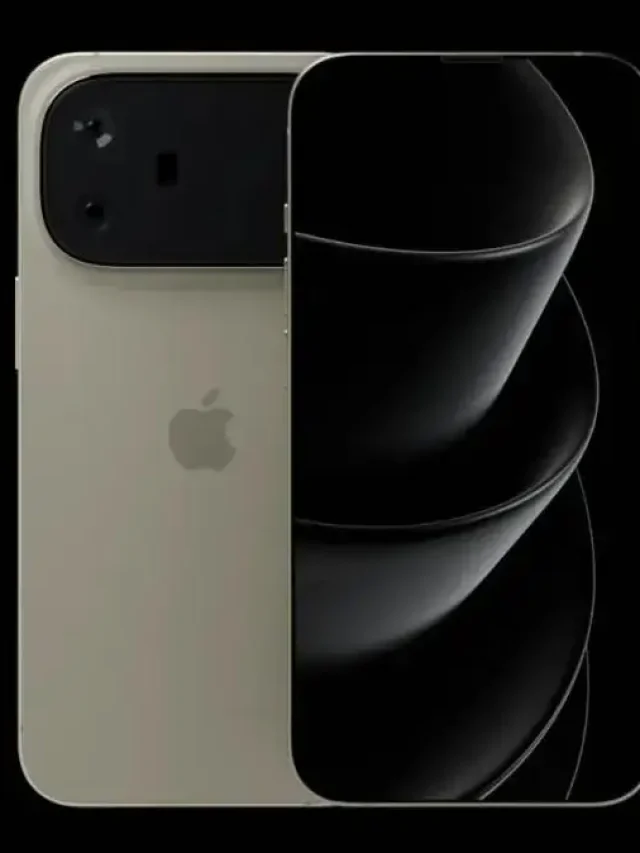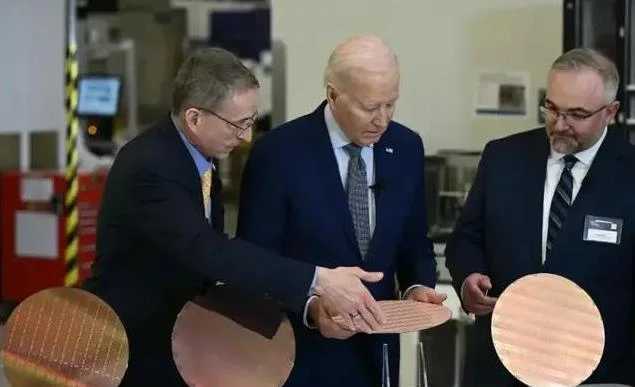Since taking office, Biden has persistently targeted China’s high-tech industries. Now, as his term nears its end, he continues to take covert actions.
Recently, it was reported that the U.S. urged TSMC to cut off supply to China for chips above 7nm. Though unconfirmed, this aligns with U.S. intentions.

The U.S. also plans to release a new export control list, adding 140 Chinese entities to its restrictions. This makes their aim clear: to block China’s access to advanced chips and cut off any companies related to the semiconductor supply chain.

But will the U.S. achieve its objectives? How is China countering?
1. Biden’s Final Blow: Will It Work?
The U.S. export control measures are ruthless. The list spans over 200 pages, targeting not only major companies like Huawei and ZTE but also small supply chain firms.

Even companies providing minor components to China’s semiconductor industry have been included. Adding insult to injury, these entities have no right to appeal.
This unprecedented move shows Biden’s determination to cripple China’s semiconductor industry before leaving office.
The U.S. is also pressuring companies to “de-Sinicize” their supply chains. Tech giants like HP, Dell, and Microsoft have expressed support for this strategy.
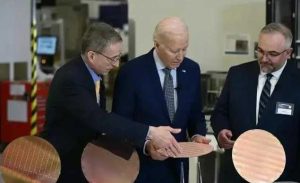
The ultimate goal? Force China into submission by severing its supply chains.
However, history has shown that such attempts often backfire.
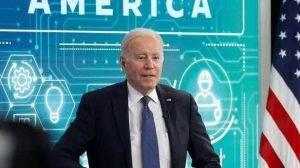
2. How Is China Responding?
China anticipated these actions long ago and has been preparing.

In the past, China relied heavily on U.S. chips, with a chip self-sufficiency rate of less than 5%. A U.S. ban would have severely impacted industries like aerospace, consumer electronics, and defense.
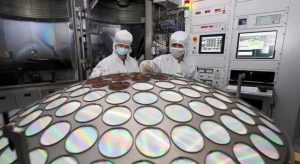
But today, the scenario is different. China’s semiconductor industry has made breakthroughs, with self-sufficiency rates climbing rapidly. Exports have exceeded $1 trillion, even outpacing U.S. growth in some areas.
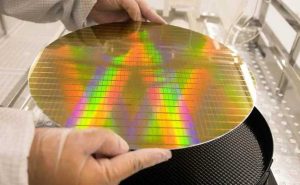
For example:
•China’s lithography technology has advanced from 90nm to 28nm.
•Huawei’s 7nm Kirin chips shocked the U.S., demonstrating China’s resilience.
Now, Huawei smartphones are entirely self-reliant, reducing dependence on U.S. chips.
China also hit back by restricting exports of critical raw materials like gallium, germanium, antimony, and graphite—essential for chip production. Without these materials, U.S. semiconductor development will face challenges.
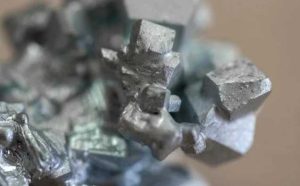
The Bigger Picture
The U.S. aims to isolate China, but the reality is shifting. While short-term impacts are inevitable, China’s long-term strategy is proving effective.
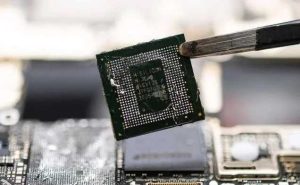
China has transitioned from a major importer to a leading exporter in many sectors. It’s no longer about China needing U.S. chips; the U.S. also depends on China’s resources and supply chains.
This U.S.-China tech showdown will likely intensify, but China’s resolve and preparation have already proven that attempts to suppress it will only lead to greater strength.

The global semiconductor landscape is being reshaped, and China’s strategy to innovate and strengthen itself is paying off.
In this international game of chess, China’s rise demonstrates that strength is the ultimate defense.
References:
1.Observer.com: Biden’s Administration Tightens Semiconductor Export Controls, Targets 140 Companies (2024-12-02)
2.Financial Associated Press: Unreasonable Suppression! U.S. Publishes Latest Semiconductor Export Restrictions (2024-12-03)
3.Daily Economic News: Impact of New U.S. Semiconductor Export Controls Analyzed (2024-12-03)
Visit again : DailyNewspapers.in

